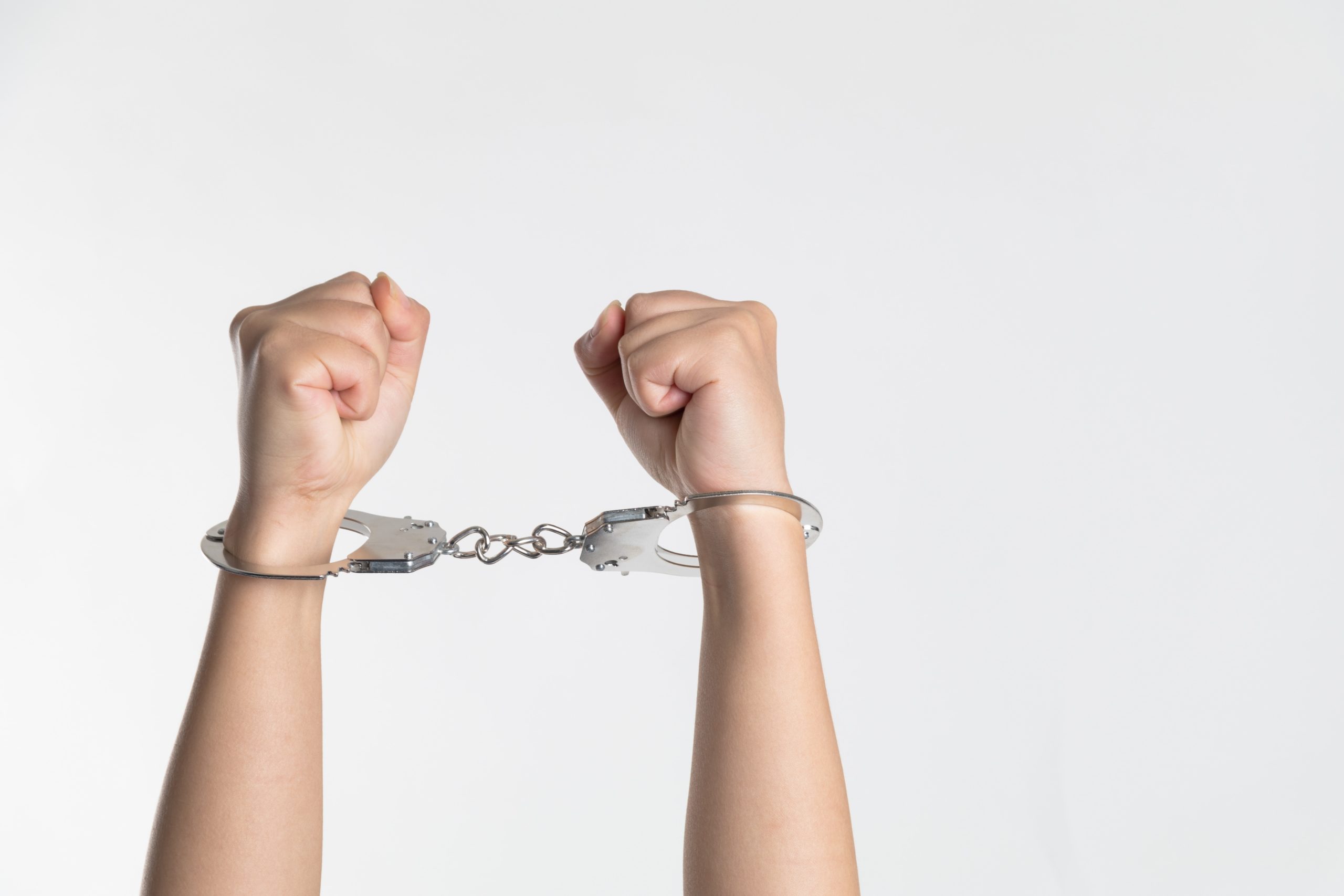SAN ANTONIO'S LEADING DRUG DISTRIBUTION AND TRAFFICKING DEFENSE LAWYERS
 Drug trafficking and distribution charges are extremely serious charges that can be prosecuted at both the state and federal levels. Trafficking and distribution can encompass a wide range of conduct, and the outcome of your case can hinge upon a variety of factors that include the kind of drug and the amount involved. If the alleged offense is not your first, the situation is much more serious. If you are facing drug distribution and/or trafficking charges, you need a dedicated San Antonio criminal defense attorney on your side.
Drug trafficking and distribution charges are extremely serious charges that can be prosecuted at both the state and federal levels. Trafficking and distribution can encompass a wide range of conduct, and the outcome of your case can hinge upon a variety of factors that include the kind of drug and the amount involved. If the alleged offense is not your first, the situation is much more serious. If you are facing drug distribution and/or trafficking charges, you need a dedicated San Antonio criminal defense attorney on your side.
FAQ - SAN ANTONIO DRUG DEFENSE LAWYER FOR DRUG DISTRIBUTION AND TRAFFICKING
The information provided here is general and does not constitute legal advice. Please consult an experienced attorney at the Law Offices of Patrick L. Hancock for guidance specific to your case.
SAN ANTONIO DRUG DEFENSE LAWYER FOR DRUG DISTRIBUTION AND TRAFFICKING - AREAS WE SERVE
DRUG DISTRIBUTION AND TRAFFICKING - GREATER SAN ANTONIO DRUG CRIMES ATTORNEY
The charges of drug distribution and trafficking are common drug charges that can lead to very harsh penalties – and dire consequences for your future. Their definitions follow:
- Distribution – Distribution refers to selling, delivering, or otherwise providing illegal drugs to others. The penalties for distribution vary in accordance with the drug's classification and with the amount of illegal drug in question.
- Trafficking – Drug trafficking refers to the cultivation, manufacture, distribution, and/or sale of a drug that is classified in one of the five illegal drug schedules. Trafficking charges can also relate to smuggling or taking drugs across state lines or national borders (this typically applies when larger quantities are involved). Drug trafficking convictions can carry mandatory minimum sentencing requirements.
Some of the drugs most closely associated with drug distribution and trafficking charges include:
- Prescription Medications
- Marijuana
- Cocaine
- Heroine
- Methamphetamine
Texas classifies drugs according to whether they have an accepted medical use and how high the abuse rate is for the substance in question. Those drugs that are considered most addictive and that have no legitimate medical standing (heroin, cocaine, and marijuana) are classified as Schedule I drugs. Those drugs that are identified as legitimate medications are classified as Schedule II, III, IV, or V in relation to the risk of addiction that is associated with them.
PENALTIES FOR DRUG DISTRIBUTION AND TRAFFICKING IN SAN ANTONIO, TX
Texas has exceptionally harsh penalties for drug charges. Drug distribution and trafficking are both felony charges, and all of the following variables can affect the seriousness of the charge:
- Whether or not the charge is a first offense (second offenses often lead to much stiffer sentences)
- The type of drug involved and the schedule classification (Schedule 1 drugs carry much harsher penalties than do those drugs deemed less dangerous)
- The amount of the drug involved (the amount of the illegal substance tends to closely correlate with the severity of the sentence)
- Whether or not the accused offers information that could aid a higher-priority investigation in exchange for a plea deal (with careful legal guidance, such exchanges can be highly beneficial)
If the charge is a felony in Texas, it carries from 180 days to 2 years in jail and/or a fine of up to $10,000. On the other end of the spectrum, a first-degree felony carries from 15 to 99 years in prison and/or a fine of up to $250,000.
DEFENSES FOR DRUG DISTRIBUTION AND TRAFFICKING IN BEXAR COUNTY
While every drug distribution and trafficking charge is unique to the circumstances involved, defense strategies tend to fall into one of four primary categories, including:
- Mistake – This refers to a defendant who did not know what he or she was in possession of (or did not have sufficient knowledge about the substance in question). A variant of this is that the substance in question was not intended for human consumption in the first place.
- Duress – If the accused was forced to move the illegal substance under threat of harm to himself, herself, or a family member, this duress can serve as a viable defense.
- Insufficient Evidence – Often, the best defense is predicated on demonstrating that the prosecution has insufficient evidence to convict. This defense strategy tends to involve motions to suppress specific physical evidence forwarded by the prosecution.
- Procedural Misconduct – Procedural misconduct is not uncommon and can pertain to the arrest process itself, to a Miranda rights violation, to illegal search and seizure processes, and/or to problems with the collection of evidence and its storage. Procedural misconduct can amount to sufficient grounds for the suppression of physical evidence, which can lead to a dismissal or charge reduction.
Ultimately, crafting a robust defense is critical to obtaining your most favorable case resolution.
CONSULT WITH AN EXPERIENCED SAN ANTONIO DRUG OFFENSE ATTORNEY TODAY
Even a relatively minor drug charge is a serious legal matter that is capable of profoundly affecting your future. If you are facing a drug distribution and/or trafficking charge, Patrick Hancock at the Law Offices of Patrick L. Hancock in San Antonio is a formidable criminal defense lawyer with more than three decades of experience helping clients like you prevail against serious drug charges. Mr. Hancock dedicates his practice to skillfully defending the legal rights of the accused, so please do not hesitate to contact or call us at 210-223-8844 for more information today.
